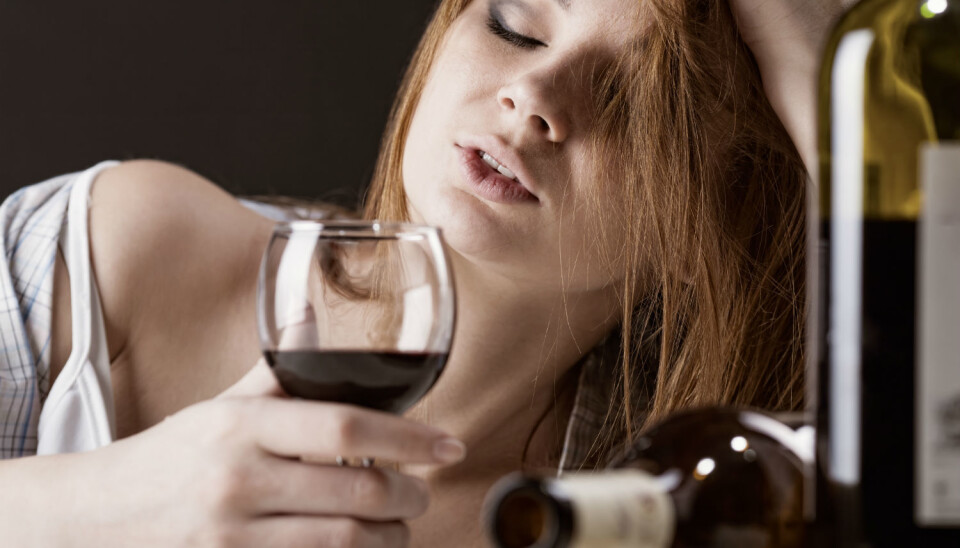An article from SIRUS Norwegian Institute for alcohol and drug research

Many drunken teenage girls get sexually harassed
The prevalence varies with age – the younger girls are more at risk.
Denne artikkelen er over ti år gammel og kan inneholde utdatert informasjon.
This is a finding of a new study by Hilde Pape, a researcher at the National Institute of Drug Abuse (SIRUS) in Norway.
Data stemmed from a school survey (response rate: 85 percent) in 16 Norwegian municipalities and the analyses included nearly 3,000 girls aged 15–18 years old.
“We asked the girls whether they had been taken advantage of sexually while unable to resist because they were very drunk, and surprisingly many responded in the affirmative,” says Hilde Pape.
“Seventy-one percent had been intoxicated in the past year, of which 7 percent had been sexually assaulted while incapacitated due to severe drunkenness in the same time period. The prevalence varied from 11 percent among 15-year-olds to 5 percent among 18-year-olds.”

Pape also investigated why the prevalence varied with age. The results indicated that younger girls were more vulnerable because they were more likely to get heavily drunk.
“The youngest girls are less experienced drinkers, and probably also less vigilant in situations likely to present a risk of sexual assault. Their limited life experiences probably also make them particularly vulnerable,” says Pape.
More prevalent among girls with behavioural problems
Pape also found that girls who had been sexually assaulted while highly intoxicated were more impulsive and more likely than other girls to be involved in problem behaviour such as violence, theft and skipping school.
“There is a fundamental distinction between identifying potential risk factors and blaming the victims. These results must be interpreted accordingly,” Pape points out.
The lifestyle of some teenage girls may increase vulnerability to sexual assault victimization. Impulsive behaviour and acting-out tendencies might also be a potential consequence of the girls’ victimization experiences.
Pape also found that in the majority of the cases sexual assault victimization in a state of alcohol-induced incapacitation was reported by girls who were not particularly impulsive or behaviourally disinhibited.
“From a public health perspective, priority should therefore be given to effective preventive measures targeting all teenage girls. It is at least as important to take steps to combat males’ perpetration of such sexual assaults,” says Pape.
Little research
Although teenage drinking is widespread in many countries, hardly any studies have addressed the issue of underage girls’ vulnerability to sexual assault when heavily intoxicated.
“This study demonstrates that there is a substantial disparity between the prevalence of alcohol-related sexual assault victimization and the body of research addressing the issue,” Pape says.





































